Laikipia
Ripping up the black cotton soil on the farm’s high savannah I get a sense of what it must have been like to be a sodbuster on the Great Plains of America 150 years ago. Riding my big yellow tractor I find it thrilling to plunge through virgin land that has been innocent since time began, but it also makes me feel intensely sad that it had to come to this. Through the clouds of dust and diesel fumes I can see a giraffe pouting at me from above a stand of acacia trees that will soon be torn out. Herds of zebra, oryx and eland are retreating as the lines of freshly turned tilth advance across tawny grasslands stretching northwards all the way to Ethiopia. I am destroying wildness in order to survive.
We never built a safari camp for tourists. It might have justified keeping it ‘wild’ but we enjoyed having this to ourselves. Where I am tearing up the earth today I often watched cheetah hunting. When the troubles began, it became hard to attract visitors and tourism would have been a bad bet. Instead we opted to ranch beef cattle and we still do that. Today a herd of my Boran bulls grazing on wild pasture made for such a perfect sight that I could not imagine why anything must change.
A year ago a multitude of men armed with guns came down from the north —where, across 14 million acres, all the grass is gone and the soil beneath it too, so that it is nothing but rocks and gullies. They burst into our farm and took our grass. We had protected the pasture but many people said we were mean not to share it with all those cattle from 14 million acres, and in time our land started to resemble an eroded planet too. Keeping Boran cattle did notseem such a great idea if you cannot save your grass.
The men with guns started to retreat two months ago, after their leaders lost in elections. There are still a few cattle raids, and acts of violent mischief persist, but nothing that will subdue us. On the farms people are mending slowly. An example is the story of one askari, or security man, who lives nearby. He was horribly wounded by a Pokot bandit in an ambush, but returned fire and killed his attacker. After taking a bullet he was rushed to hospital to save him from bleeding to death, but this prevented him from following his people’s tradition, which was to slash open the dead bandit’s stomach, in order to release his spirits from lingering on earth. Trapped in the guts of the corpse, the bandit came back from hell to haunt the askari for months — until, as it began to rain and the politics improved, his tormentor finally evaporated into the clouds. I hear the wounded askari is now fine in his head though physically scarred. Looking around, my other neighbours all seem to be much happier than they were when we met at a meal on the eve of elections in August and dubbed it ‘the Last Supper’.
Still, things change. Protecting wildlife, whether we had a tourism business or not, was what we had always done out of love. That made us a target as the gunmen stormed across the plateau, wiping out 84 elephant and hundreds of buffalo, antelope and predators. Their camp dogs brought distemper, which then infected rare African wild dogs and exterminated almost all of them in the district.
Slowly, the game numbers will hopefully recover as green grass grows up through skulls and bones. But to rescue any portion of the natural beauty and animals left on the farm, my belief is that we have to become sodbusters like the homesteaders of 19th-century Kansas, growing crops and fodder for a young population. In modern Africa, tractors and combine harvesters make a landowner more popular than the sight of a zebra and, as it is often said, ‘elephants do not vote’. On at least half the ranch the ground is being chisel ploughed and harrowed, after which it will be farmed in a ‘no till’ system the Australians have perfected over many years. We will grow sorghum for the breweries, or silage and hay for dairy cows, or wheat for the city people. We might survive as farmers and it will be good if the big yellow tractors and monoculture help save even a patch of the farm for the wilderness, and so that we become ‘relevant’ to the leaders in Nairobi — but I will miss those cheetah hunting onthe plains.
Got something to add? Join the discussion and comment below.
Get 10 issues for just $10
Subscribe to The Spectator Australia today for the next 10 magazine issues, plus full online access, for just $10.
You might disagree with half of it, but you’ll enjoy reading all of it. Try your first month for free, then just $2 a week for the remainder of your first year.


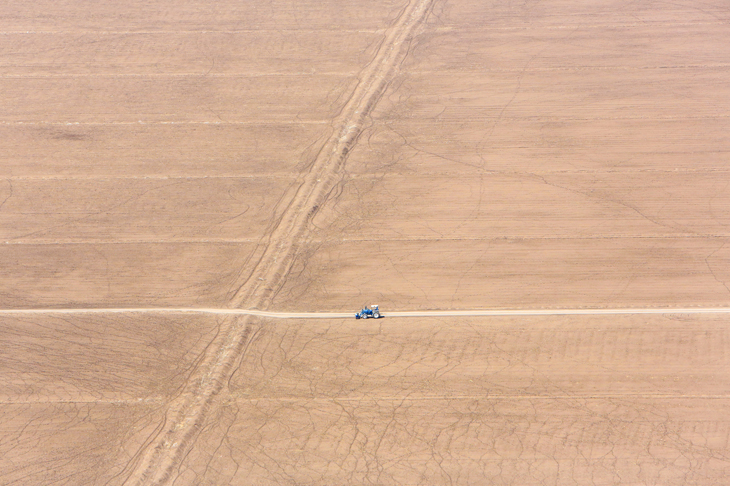
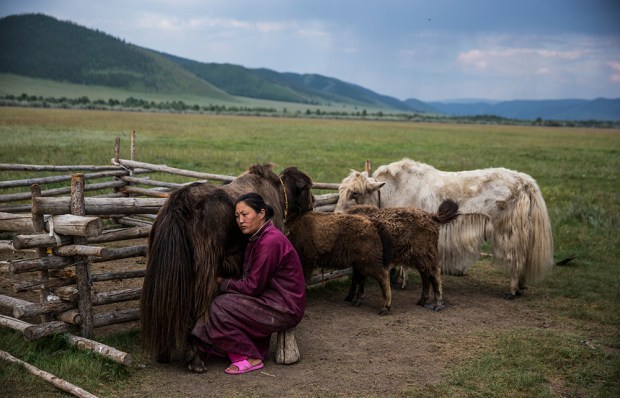
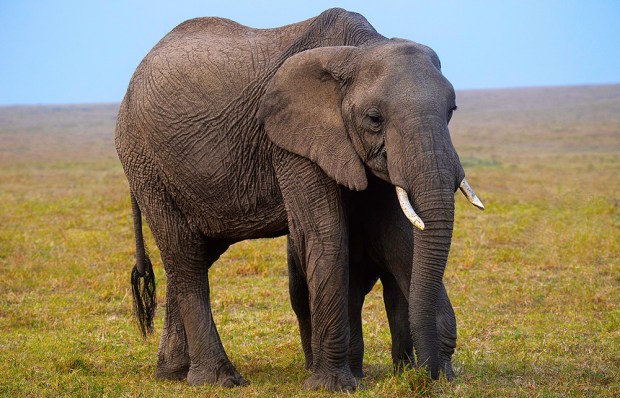
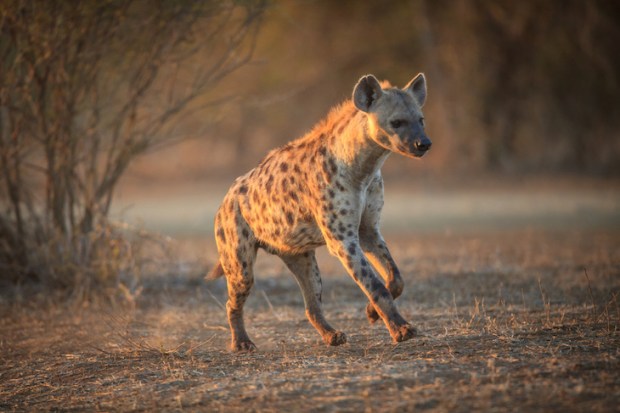

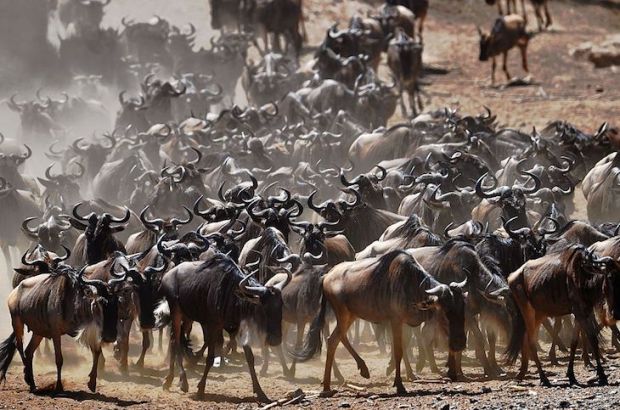
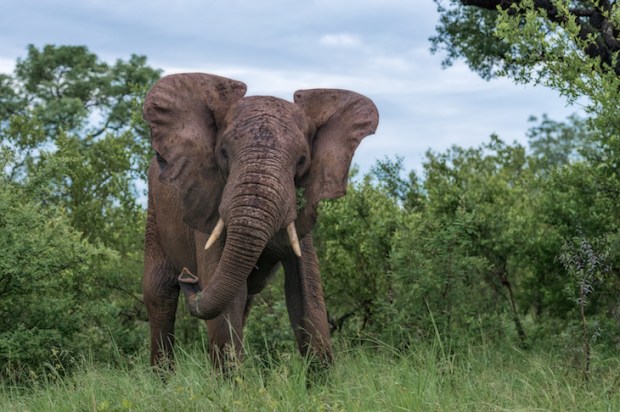






Comments
Don't miss out
Join the conversation with other Spectator Australia readers. Subscribe to leave a comment.
SUBSCRIBEAlready a subscriber? Log in